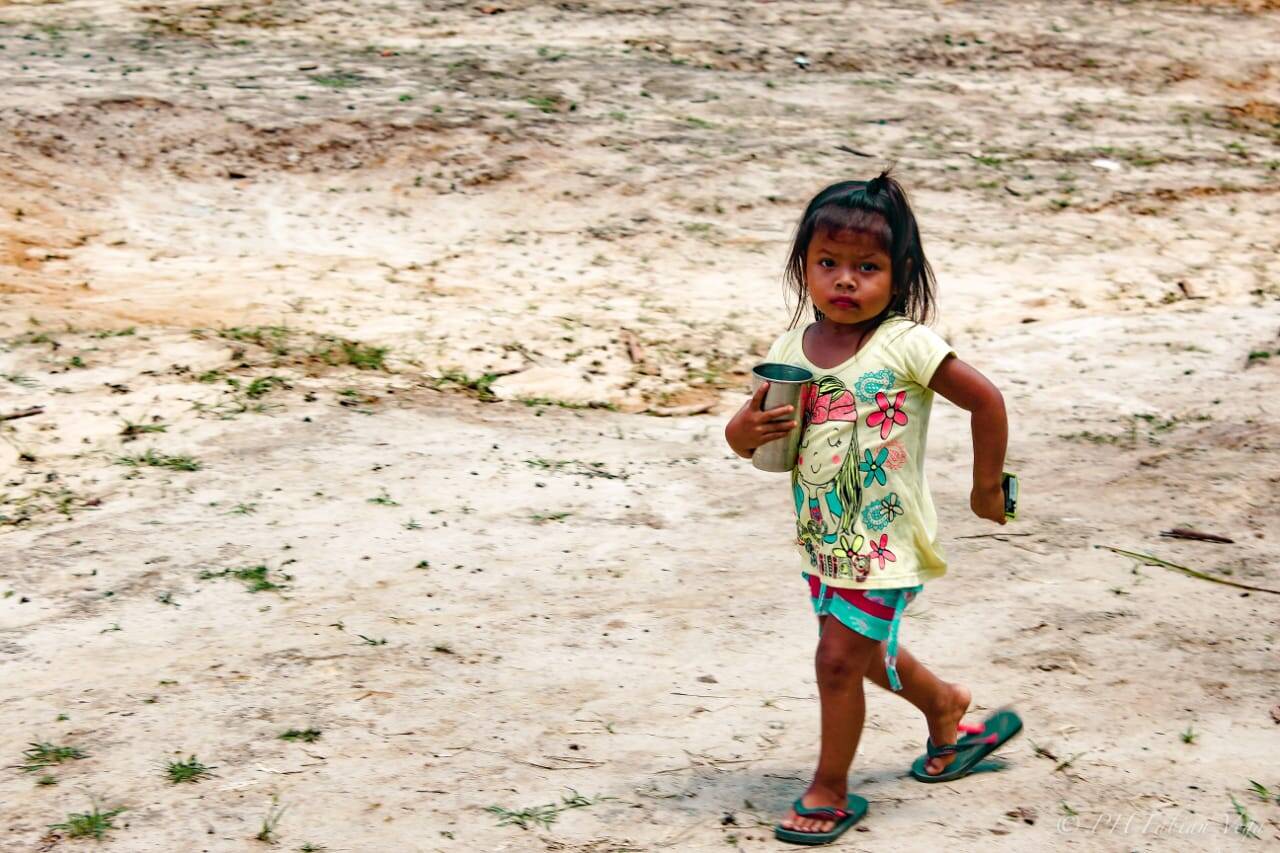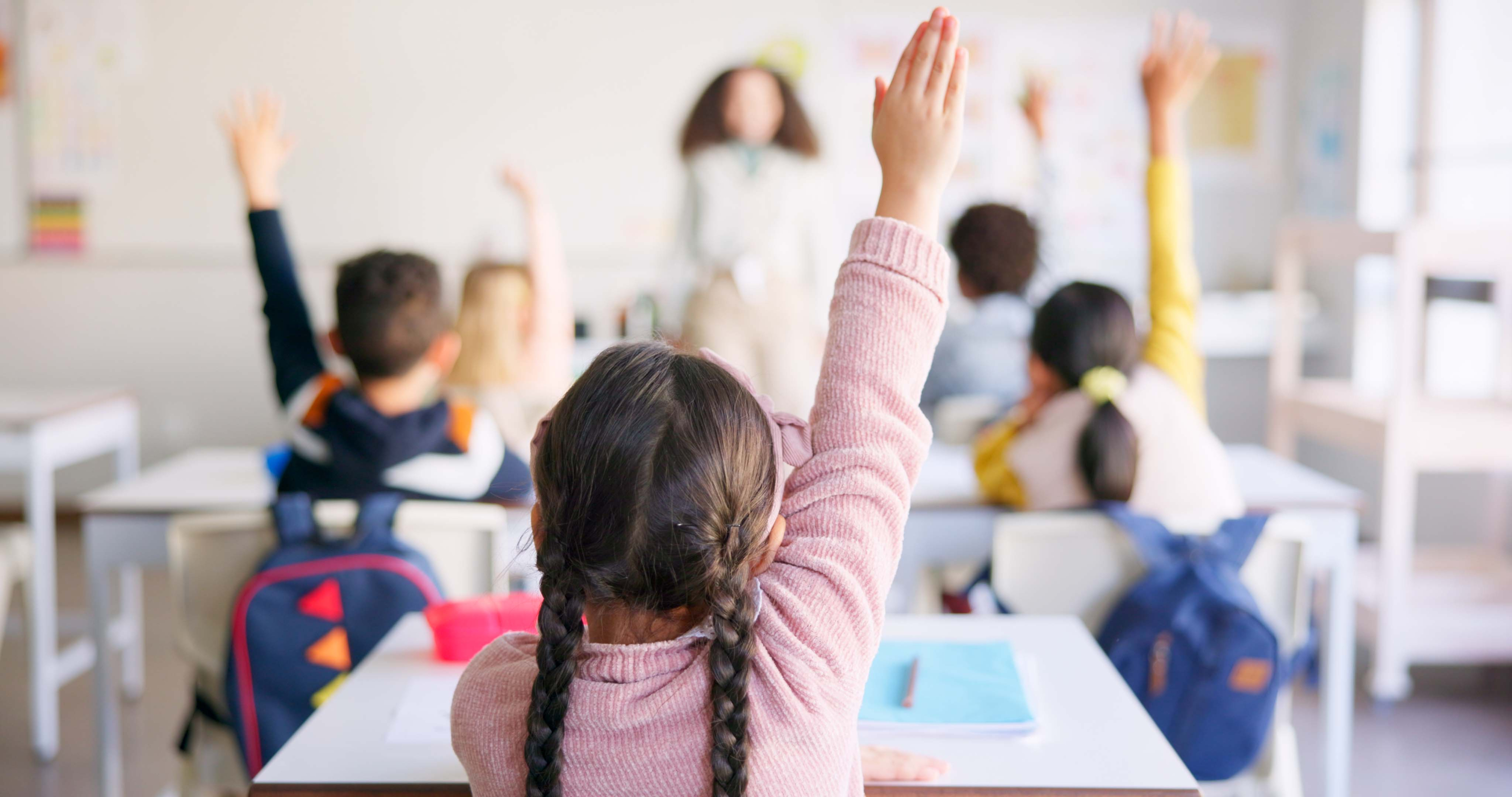The well-being of children in OECD countries has worsened dramatically: UNICEF

In many of the world's wealthiest countries, children's educational achievement, mental well-being, and physical health have deteriorated significantly since the start of the COVID-19 pandemic, according to an analysis published today by UNICEF Innocenti - Global Prospective Research Centre.

Colombia faces significant challenges in child health, with a sustained increase in obesity. Photo: iStock
The report combines quantitative evidence on six indicators—including infant mortality, obesity, life satisfaction, and academic skills—to identify progress, setbacks, and critical areas for action in ensuring the rights of children and adolescents.
The report warns that in many countries, children have lost academic skills following the pandemic, especially in basic skills such as reading and mathematics. School closures for periods ranging from three to 12 months forced many children to attend classes remotely, resulting in learning losses.

The learning crisis has worsened in Colombia, Costa Rica, Mexico, Bulgaria, and Cyprus. Photo: Taraira Secretariat
According to the report, some of these children are estimated to be seven months to a year behind their expected academic level on average, and the decline was more pronounced among boys and girls from disadvantaged families.
“Before the pandemic, children were already struggling on multiple fronts and not receiving adequate support, even in wealthy countries,” said UNICEF Innocenti Director Bo Viktor Nylund. “Now, faced with growing economic uncertainty, countries must prioritize children's education, health, and well-being to ensure their life prospects and happiness, and also to guarantee the economic security of our societies.”
In the 43 countries mentioned above, an estimated 8 million 15-year-olds—about half of those in that age group—cannot read, write, or do arithmetic. This means they cannot understand simple text, raising serious concerns about their long-term prospects. These figures represent a 4% increase since 2018, with Bulgaria, Cyprus, Colombia, Costa Rica, and Mexico having the highest percentages, with more than two-thirds of 15-year-olds in these countries falling into this category.

The pandemic has exacerbated trends in child well-being. Photo: iStock
The report also presents worrying data related to mental health and notes that children's life satisfaction has declined during this period, particularly in 14 of the 32 countries with available data. In this regard, Colombia faces significant challenges in child health, with one of the highest mortality rates among children between 5 and 14 years of age among the countries evaluated. These results call for redoubling efforts to reduce inequalities and strengthen intersectoral actions that protect children's lives and development.
The data analysis also highlights a sustained increase in overweight in Colombia, with girls particularly affected, highlighting the need to continue promoting healthier and more equitable food environments for children in the country.
Overall, the document highlights the impact the pandemic has had on children and warns that hard-won progress in child well-being in wealthy countries is increasingly fragile in the face of global events and crises, such as climate change.
Overall, the report urges governments and stakeholders to take action across a range of areas to address the deteriorating well-being of children. These measures include:
- Support skills development, particularly literacy, numeracy, digital skills, and social and emotional skills, especially for children who fell behind during the pandemic and those from disadvantaged backgrounds.
- Improving mental health through its promotion and prevention, the provision of specialized services, and combating violence and bullying, both online and offline.
- Improve physical health by ensuring nutritious and affordable food for children and adolescents and limiting the sale and advertising of unhealthy foods.
- Engage children and adolescents to better understand their experiences and perspectives, and work with them to find solutions that promote their well-being.
Environment and Health Journalist
eltiempo





